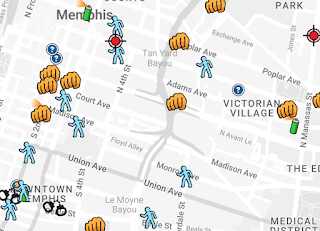SpotCrime Weekly Reads: AI, crime rate, policing

Police leadership, police staffing, mental health calls, NCVS, FBI data, gun violence, EMS data used to identify violence, police use AI to write reports, AI detective, AI body cam review, police AI and ethics, license plate readers, police drones, the push for police transparency, cash bail, depression and anxiety and contact with the criminal justice system, and more... POLICE CONDUCT What do we know about police leadership? A review of the current status of police leadership research and practice, with suggestions for future research directions (Taylor and Francis Online) NJ AG plans reforms following investigations into the state police (NBC Philadelphia) Creating 21st-Century Campus Police (Suffolk University) As Vallejo police force shrinks, 911 response times soar (Open Vallejo) Presocialisation and police misconduct: Exploring new tools for predicting officer exposure to misconduct investigations (Sage Journals) Ocean City Police Department provides...

